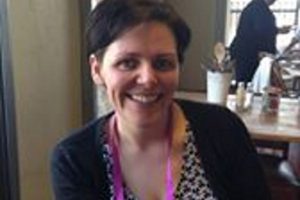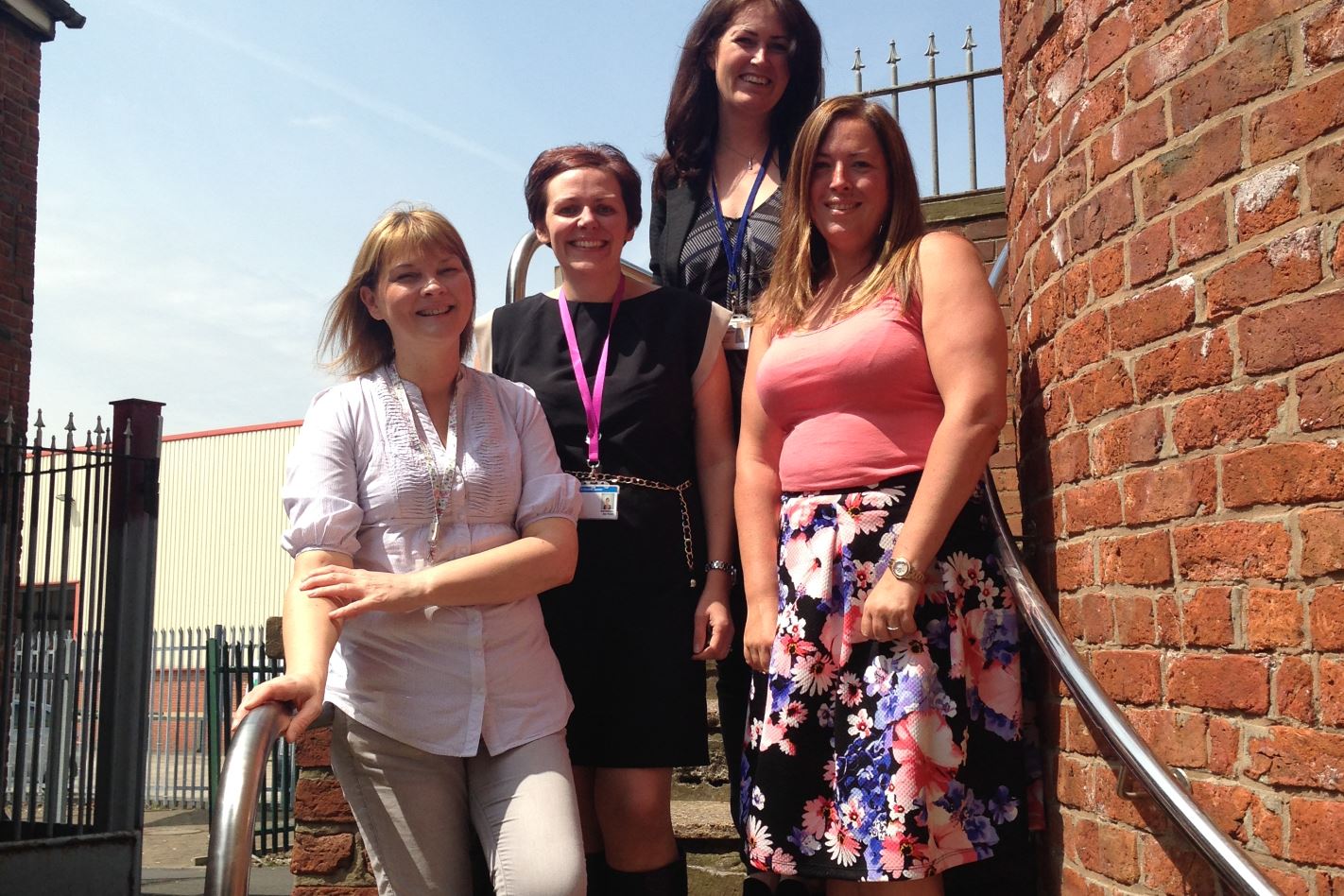27th September 2016
Health visitors carry out New Birth Visits in Central Manchester Foundation Trust to all families with newborn babies as part of the Health Visiting universal offer. Health visitors are uniquely equipped to support new parents with the transition to parenthood and any feeding challenges that may occur. This early help and intervention ensures every family receives timely and appropriate support. Health visitors offer a holistic package of health care. For example, when conducting an infant feeding assessment during this new birth contact between 10 and 14 days after delivery, the health visitor will consider not just the mechanical aspect of feeding a baby but the emotional and practical issues that can impact on the baby, mother and family.
It is key that a health visitor undertakes this assessment as their unique training in public health and infant feeding allows for a thorough assessment – including the family, wider support and where this sits in relation to the universal offer of the Healthy Child Programme or the enhanced Health Visiting offer of Universal Plus services.
Central Manchester Foundation Trust has a specialist infant feeding team within the health visiting service that health visitors can refer into for advice and specialist support. This dedicated team helps the practitioner and the family to develop a mutually agreed feeding plan, and review even the most complex of infant feeding challenges. The team provides training and a local reference for their health visiting colleagues to increase their knowledge base and build confidence in supporting practitioners around simple breastfeeding challenges. This support for our health visiting colleagues means that they are continually able to seek support and refer to the infant feeding team where necessary. Once a family has been referred to the infant feeding team, the family will be triaged and contacted. The named health visitor will continue to support the family and this may include universal plus targeted work around breastfeeding and the challenges this may bring in relation to breastfeeding, maternal mental health and the transition to parenthood.
This is a case study from a parent who recently saw the health visitors in the infant feeding team.
I have a little girl called Beatrix who is now 9 months old. We came to breastfeeding drop-in support sessions at both Harpurhey and Ardwick from when Bea was just 19 days old until she was about 9 weeks old.
I was referred to the Infant Feeding Team by my health visitor as I was struggling with breastfeeding. Bea had a poor latch and I had terrible nipple damage. By the time I got to your session I was seriously suffering, both mentally and physically, but was determined to continue exclusive breastfeeding for as long as possible due to a family history of severe dairy allergy. I was terrified of giving my baby formula, but breastfeeding was not working out for us at all!
I had so many problems during the first 3 months – tongue tie that went undiagnosed for over 3 weeks, poor latch, recurring thrush, blocked ducts and horrendously painful vasospasms/Raynauds. I resorted at 8 weeks to supplementing with formula when the pain became too exhausting to handle, but held out hope that I could return to exclusive breastfeeding and am delighted to say I eventually did. At around 13 weeks, all the issues I’d been having finally resolved themselves one by one and it was suddenly as easy as I imagined it would always be, and I was able to stop giving formula and go back to exclusively breastfeeding.
I can honestly say that throughout those first few months without the fantastic moral support, practical help and sound advice of the infant feeding team I wouldn’t have got through it and would undoubtedly have been forced to give up very early on. I was devastated at the prospect of not being able to feed my baby the way I’d hoped to, and I can also say in retrospect it was really affecting me psychologically not being able to feed my child as I’d planned.
I can’t thank the team enough – they went above and beyond to help me. As well as attending around 5 drop-in sessions, I had 2 home visits from Zoe and Francesca to help me find comfier feeding positions in my own environment and several long phone calls checking in on me and helping diagnose and treat the various issues I encountered. The team were supportive and encouraging throughout, without ever being judgemental, for example when it came to my decision to supplement with formula for a short while.
I am so pleased to have been able to breastfeed my baby. She is now 9 months – we’re still going strong with the feeding and she’s showing no signs of stopping. I’m hoping to continue to at least 1 year, possibly beyond, and I honestly never thought I’d be able to say that.
In my experience breastfeeding has been such a special bond between us, and nothing makes me prouder than seeing my baby thriving, with her weight in the 95th percentile and knowing with determination, perseverance and support ‘I did that’.
Zoe Ralph, Healthy Child Programme Lead (Acting), Infant feeding Health Visitor, Fellow of the Institute of Health Visiting, Central Manchester University Hospitals NHS Foundation Trust

Zoe Ralph, Healthy Child Programme Lead (Acting), Infant feeding Health Visitor, Fellow of the Institute of Health Visiting, Central Manchester University Hospitals NHS Foundation Trust


